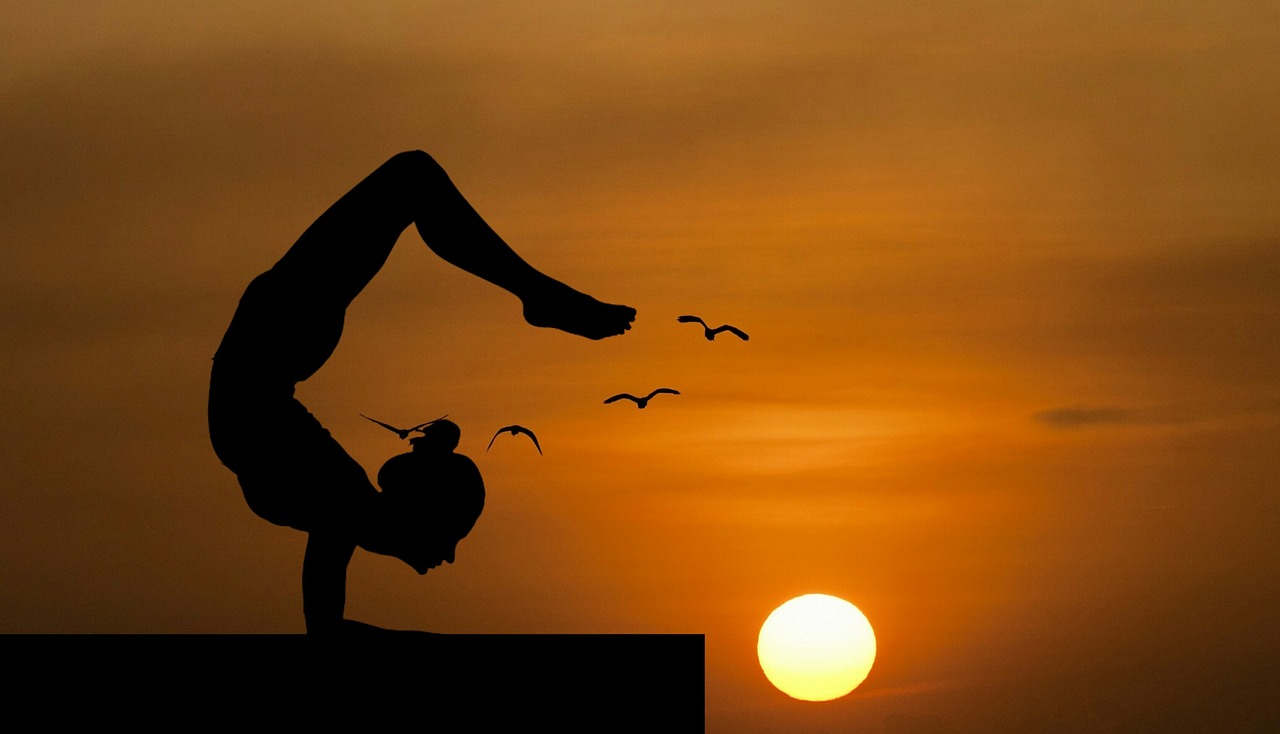
Using Physical Fitness to Aid Addiction Recovery
Physical fitness can play a big role in addiction recovery. Exercising not only helps you stay healthy, but it can also help relieve stress and anxiety, which are common issues for people in recovery. Your body releases endorphins during physical activity; these hormones can make you feel good, help combat cravings, and aid your journey to recovery.
Used in combination with other healthy lifestyle changes, establishing
a steady fitness routine can do wonders for your recovery journey and quality of life. The American Canadian Board for Professional Training discusses the various types of exercise to consider and how to boost your fitness in the coming weeks, months, and years.
Types of Exercise for Addiction Recovery
Many different types of exercise can be beneficial for addiction recovery. Some good options include:
Cardio
Cardio exercises get your heart rate up and can help to reduce stress and anxiety. Running or walking around your neighborhood or local park, or finding a local pool to swim are all great options. And if you want to add a bit of adventure to your routine, consider investing in a bicycle and hitting the road!
Strength Training
Strength-training exercises help to build muscle and improve your overall fitness level. They can also help to reduce stress and improve self-esteem. Consider starting with weightlifting, bodyweight exercises, or yoga.
Mind-Body Exercises
Mind-body exercises can make it easier to focus on your breath and connect with your body. They can help to reduce stress and improve your overall sense of well-being. Tai chi, qigong, and meditation are all excellent options.
Establishing a Fitness Routine
Creating a fitness routine can be daunting, but it's essential to find activities that work for you and stick to them. Start by trying new activities until you discover one or more that you like. If you don't enjoy your workout, you're less likely to maintain it for the long term. Ideally, you'll even look forward to your activity each day!
It's also crucial to set realistic fitness goals for yourself. Don't aim to run a marathon your first week back at the gym; start small and work your way up. Also, make a plan to keep you on track and ensure you're getting the most out of your workout. And don't pass up small opportunities to fit exercise into your day. You can even find ways to exercise during your workday, such as taking the stairs or going for a brief walk on your lunch break.
While you're at it, build a support network around yourself. Enlisting the help of friends or family can make working out more enjoyable and help keep you accountable. Another option is to join a local gym or club (e.g., running, cycling, swimming, etc.) to reap accountability and social benefits.
Strategies for Boosting Your Mental Health
In addition to exercise, several other strategies can help boost your mental health during addiction recovery. Here are a few options worth trying:
Eating a Healthy Diet
Eating healthy foods helps to improve your mood and energy levels. You’ll also want to ensure you’re getting enough vitamins and minerals by taking a daily multivitamin. And don't forget to drink plenty of water throughout the day.
Getting Enough Sleep
Sleep is essential for recovery. Aim for at least eight hours of sleep per night. If necessary, establish a relaxing routine that helps you unwind for bed, such as mindful meditation, listening to soothing music, or doing light stretches.
Connecting with Others
Social support is crucial for recovery. Connecting with friends, family, or a supportive group can help you stay on track during difficult times. Be intentional about scheduling time for lunch, coffee, and other activities with those you're closest to.
If you’re concerned that you aren’t getting the benefits you should be receiving or if you want to better understand how exercise can keep you on your tract to addiction recovery, see a doctor. In fact, it’s best to talk to your doctor about any significant changes to your diet or exercise routine. If health insurance is the roadblock preventing you from taking this step, check out your state’s low-cost insurance options.
Bolster Your Recovery with Exercise
Physical fitness is an integral part of addiction recovery. Not only does exercise help people feel better physically, but it can also improve mental health and provide a sense of accomplishment.
Remember to choose an activity you enjoy, create a routine you can stick with, and take other steps to improve your mental health. You'll quickly realize how the healthy changes are aiding your recovery, which might motivate you to up the ante!
Are you looking for professional training to help get yourself back out into the workforce? Then check out The The American Canadian Board for Professional Training!
Written by Susan Treadway